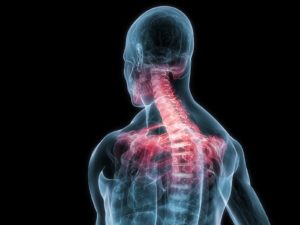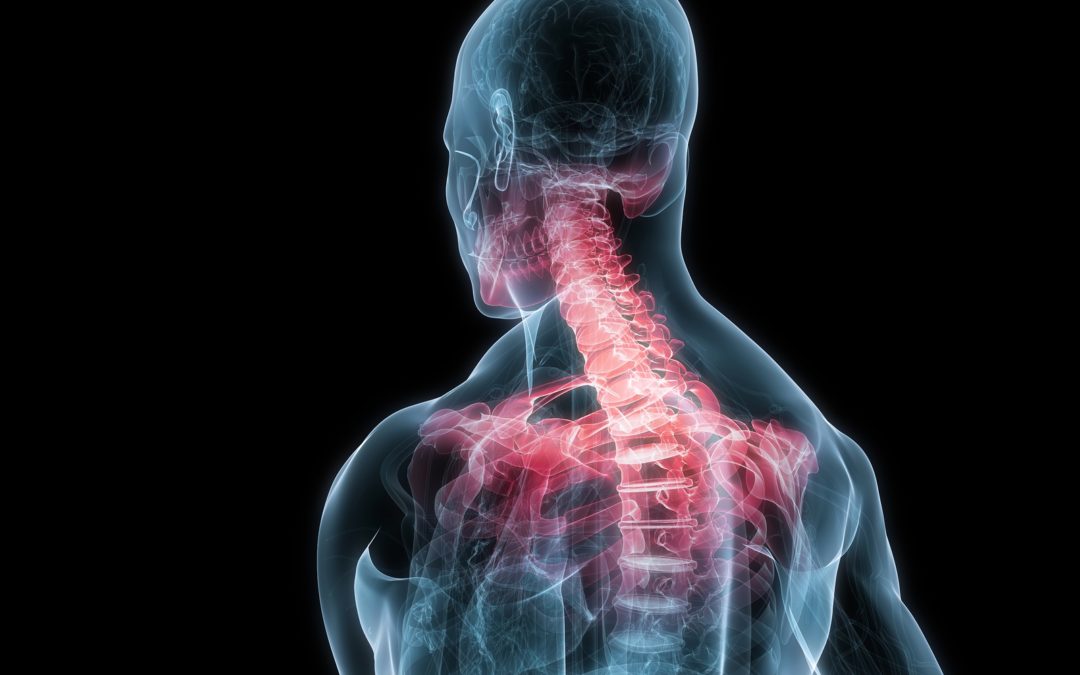 TMJ is short for temporomandibular joint. This joint is located between your jaw and temporal bones. It is responsible for allowing the mouth to move up and down in order to perform everyday functions such as eating, drinking, yawning, and talking.
TMJ is short for temporomandibular joint. This joint is located between your jaw and temporal bones. It is responsible for allowing the mouth to move up and down in order to perform everyday functions such as eating, drinking, yawning, and talking.
While the TMJ provides us with these great benefits, it can also cause a great deal of pain if a disorder to the area develops.
Physical stress to the TMJ can cause this to happen. Stress can be caused by any injuries to this area, causing it to become dislocated.
However, the disorder can also emerge if a hole develops in the disc for reasons that may be contributed to arthritis. More commonly, those who suffer from bruxism (teeth grinding) are at a high risk of developing this disorder due to the pressure that is exerted to the jaw and surrounding muscles and tissue.
Side Effects of TMJ
This disorder has various side effects, some of which can be long term if not properly treated. Here is a list of just a few common side effects:
- Swelling and inflammation
- jaw clicking
- tenderness in the jaw area
- headaches
- limited motion when opening/closing the mouth
- tinnitus
Other Areas of the Body Affected by TMJ
Even though TMJ is most commonly associated with jaw pain, TMJ can also affect other parts of the body. This is mainly due to the fact that if the TMJ becomes incapable of performing properly, it will start to put a strain on areas connected via nerve pathways. Other areas that can become affected include the:
Eyes
The TMJ disorder can cause severe discomfort in the eyes due to the inflammation that is created to surrounding facial nerves. More specifically, the trigeminal nerve is a target since it is connected to both the jaw muscles and the eyes.
Ears
If the TMJ is under stress, any inflammation can cause the Eustachian tubes within the ear to become blocked. In turn, this can lead to both earaches and hearing loss.
Neck, Back, and Shoulders
Since the TMJ is connected to many other muscles, these muscles may try to compensate for the lack of force/effort that the TMJ is able to provide. Because of this, the strain that occurs can lead to a misalignment of the neck, back and shoulders.
Contact AZ-TMJ Today
While combating this disorder, it is important to remember that there are many treatment options available. Some of these include splints and injections. However, these should always be completed in conjunction with physical therapy to assure long-term success.
We want you to be able to live life to both its fullest quantity and quality. This means being pain-free, and we hope that you choose us to help you meet this mutual goal. To take action, call one of our specialists at the Head Pain Institute® for a consultation at 480-945-3629 today.



